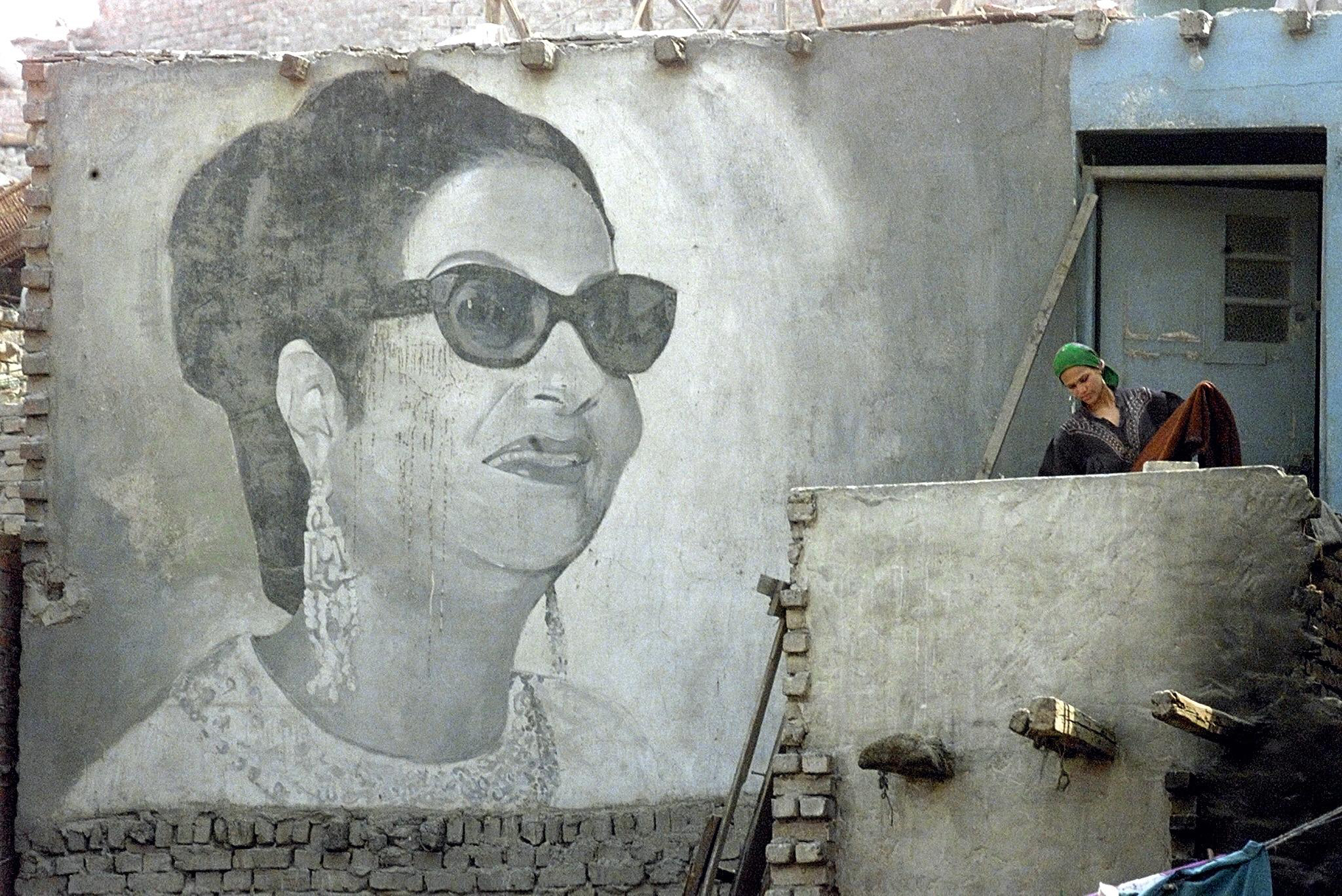It’s often embarrassing how little we know about the culture of the region in which we live in. Think about it, how many Arabic celebrities can you name off the top of your head? We’re guessing less than a handful. Fear not, we’re here for some cultural guidance.
Music reveals a lot about a culture, from the lyrics to the instruments and melodies played – each tells a story. As such we have put together a list of five iconic Arab singers you should know about. We guarantee not only will you become bona fide fans yourself, but your new knowledge of the stars will give you newfound respect among your Middle Eastern friends…
Umm Kulthum

Country: Egypt
The late Egyptian superstar was as renowned for her elegant style, most notably her bling earrings, as she was her music. Dubbed the Star Of The East, or The Lady of Cairo, she is considered to be one of the greatest and most influential Arab singers of the 20th century.
Her father is said to be the inspiration behind her career. He was a village imam who sang traditional religious songs at weddings and holidays.
Singer, songwriter, and actress, Kulthum was active from the 1920s to the 1970s. Here music rivals at the time were prominent singers Mounira El Mahdeya and Fathiyya Ahmad. However, Kulthum reigned supreme thanks to her superior control over her voice and her emotive impact. Journalist Virginia Danielson wrote in an article for Harvard magazine: “Imagine a singer with the virtuosity of Joan Sutherland orElla Fitzgerald, the public persona of Eleanor Roosevelt and the audience of Elvis and you have Umm Kulthum.”
Kulthum passed away, aged 76, on February 3, 1975. Her funeral procession was attended by approximately 4 million grief-stricken fans.
Enta Omri (You are my life), one of Umm Kulthum’s most famous songs:
Hadeeth el Rouh (The Talk of The Soul) is so beautifully poetic it would reduce audiences to tears:
Read: 10 Famous People You Didn’t Know Are Arab
Abdel Halim Hafez

Country: Egypt
Born Abdel Halim Ali Shabanah, this heartthrob’s tale is one of rags to riches. His mother died of labour complications, three days after giving birth to him. His father passed away five years later and Hafez and his three siblings were sent to a poor orphanage. He found solace in music, with his first break coming in 1953 when was drafted in last minute to sing on live radio after signer Karem Mahmoud had to pull out. His performance was heard by Hafez Abdel Wahab, the supervisor of musical programming for Egyptian national radio. He is credited for helping the singer launch his career and Abdel Halim took ‘Hafez’ as his stage-surname as a sign of respect.
Hafez had many monikers including King of Arabic music, The Voice of the People, and The Son of the Revolution – his patriotic songs were the soundtrack to the 2011 Egyptian revolution.
Never forgetting his own journey to success, he was renowned for his charitable endeavours, always giving back to the poor and those less fortunate.
Ahwak (I Adore You) is one of Abdel Halim Hafez’s most popular love songs:
Read: 8 Celebrities You Didn’t Know Are Muslim
Farid Al-Atrash

Country: Syria
As well as being a composer and signer, Al-Atrash was renowned for his oud playing, in fact he was called The King Of The Oud. As a child he immigrated to Egypt with his family, escaping French occupation in Syria. From singing in school plays to working at privately owned radio stations, he went on to record 500 records and starred in 31 movies.
A bit of a wild card he refused to get married, believing marriage killed his art. He is said to have had an affair with Queen Nariman, King Farouq’s divorced second wife. However, with her family rejecting him as a suitor, Al-Atrash went into a long period of depression.
A classic song by Farid Al-Atrash Al Rabi’ (Spring):
Gamil Gamal remains a popular song even today:
Read: Muslim Model Shanina Shaik Is Breaking Down Barriers
Asmahan

Country: Syria
Asmahan was the younger sister of Farid. The the gorgeous star was one of the most popular female vocalists and cinema stars in the late 1930s and early 1940s. Sadly her fame was cut short when she died in a car accident in 1944, aged 32. During the height of her fame, she took a hiatus from her career – at the request of her husband – and raised a family. However, missing singing she divorced her husband and returned to the industry in 1939. Before her death, in 1941, she is said to have acted as a British spy during WWII.
On 25 November 2015, on what would’ve been her 103rd birthday, Google celebrated with a dedicated Google doodle to the star. Asmahan and her brother Farid are buried next to each other in a graveyard in Cairo, Egypt.
Asmahan performing with her brother Farid:
Read: Muslim Amal Clooney Slams Donald Trump
Mohammed Abdel Wahab

Country: Egypt
Considered one of the ‘great four’ Arab singers along with Kulthum, Hafez and Al-Atrash. As well as a singer he was also a composer, he actually composed the UAE national anthem Ishy Bilady.
A child star he started singing at seven and recorded his first records at 13. As with most of the other singers he was also an actor but focused on more light-hearted movies, composing musical comedies. His music was experimental, veering off what was considered traditional Arab styles. His unique style helped to successfully expose Egyptian music to the Western world.
Al Gondol is an example of one of Wahab’s Western inspired songs:
Images: Getty











